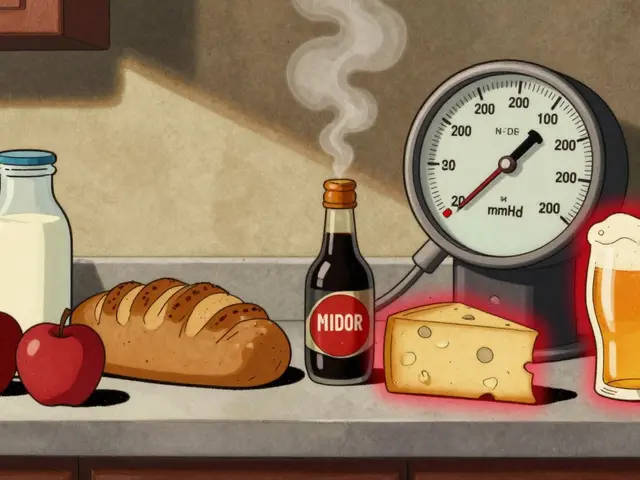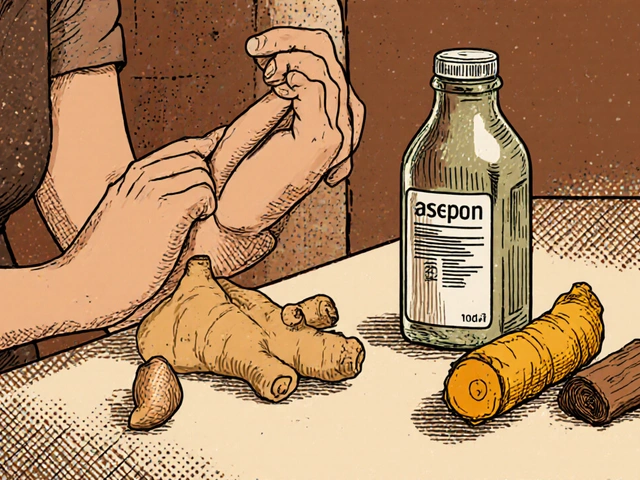Coping Mechanism: Practical Strategies for Everyday Stress
When working with Coping Mechanism, a mental or behavioral technique used to handle stress, emotions, or challenging situations. Also known as stress coping strategy, it is a core part of Stress Management, the practice of using tools and habits to lower the impact of stress on body and mind and often incorporates Mindfulness, a focused awareness practice that grounds you in the present moment. In short, a coping mechanism gives you a way to stay steady when life gets noisy.
Why does a Coping Mechanism matter? Because stress doesn’t stay in the head – it pushes on your heart, sleep, and immune system. Effective coping tools act like a brake, turning down the anxiety machine and letting self‑care habits take over. When you pair stress management with regular mindfulness sessions, you create a feedback loop that boosts mental health outcomes. Think of it as a personal safety net that catches you before a spiral becomes a crisis.
There are two big families of coping mechanisms: problem‑focused and emotion‑focused. Problem‑focused tricks target the source – budgeting to ease financial pressure, or using a planner to cut down work overload. Emotion‑focused tactics soothe the feelings – deep‑breathing, journaling, or a quick walk outside. Behavioral therapy methods, like cognitive‑behavioral techniques, sit in the middle, teaching you to reframe thoughts and act differently. Adding a solid self‑care routine – adequate sleep, balanced meals, and regular exercise – rounds out the approach, giving your body the resources it needs to respond.
Building a coping toolkit starts with a simple assessment: what triggers your stress today? List the top three stressors, then match each with a low‑effort strategy. For a looming deadline, try the "Pomodoro" timer method; for social anxiety, rehearse a calming mantra before meetings. Turn the chosen practice into a habit loop – cue, routine, reward – so the brain starts to expect relief when the cue appears. This systematic step‑by‑step process makes coping mechanisms feel less like a chore and more like a natural part of your day.
Once you have a few tools, experiment with layering them. Combine mindfulness breathing with a short cardio burst for quick anxiety relief, or pair a gratitude journal entry with a nightly stretch routine for better sleep. Social support rounds out the mix – sharing challenges with friends or a therapist can amplify the benefits of any individual technique. Remember, coping mechanisms are adaptable: the same set can work at the office, at home, or while traveling, as long as you keep the core principles of stress management and self‑care in focus.
Below you’ll find a curated collection of articles that dive deeper into specific coping strategies, medication comparisons, and lifestyle tweaks. Whether you’re looking for a direct comparison of mental‑health drugs, tips on buying affordable generic meds, or natural remedies like essential oils, the posts ahead cover the breadth of tools you can add to your personal coping toolbox. Explore the selection to find the exact guidance you need to boost resilience and stay in control.

Rhabdomyosarcoma and Art Therapy: Creative Coping Strategies
Explore how art therapy and other creative outlets help patients with rhabdomyosarcoma cope, heal, and find meaning during treatment.
Read More




